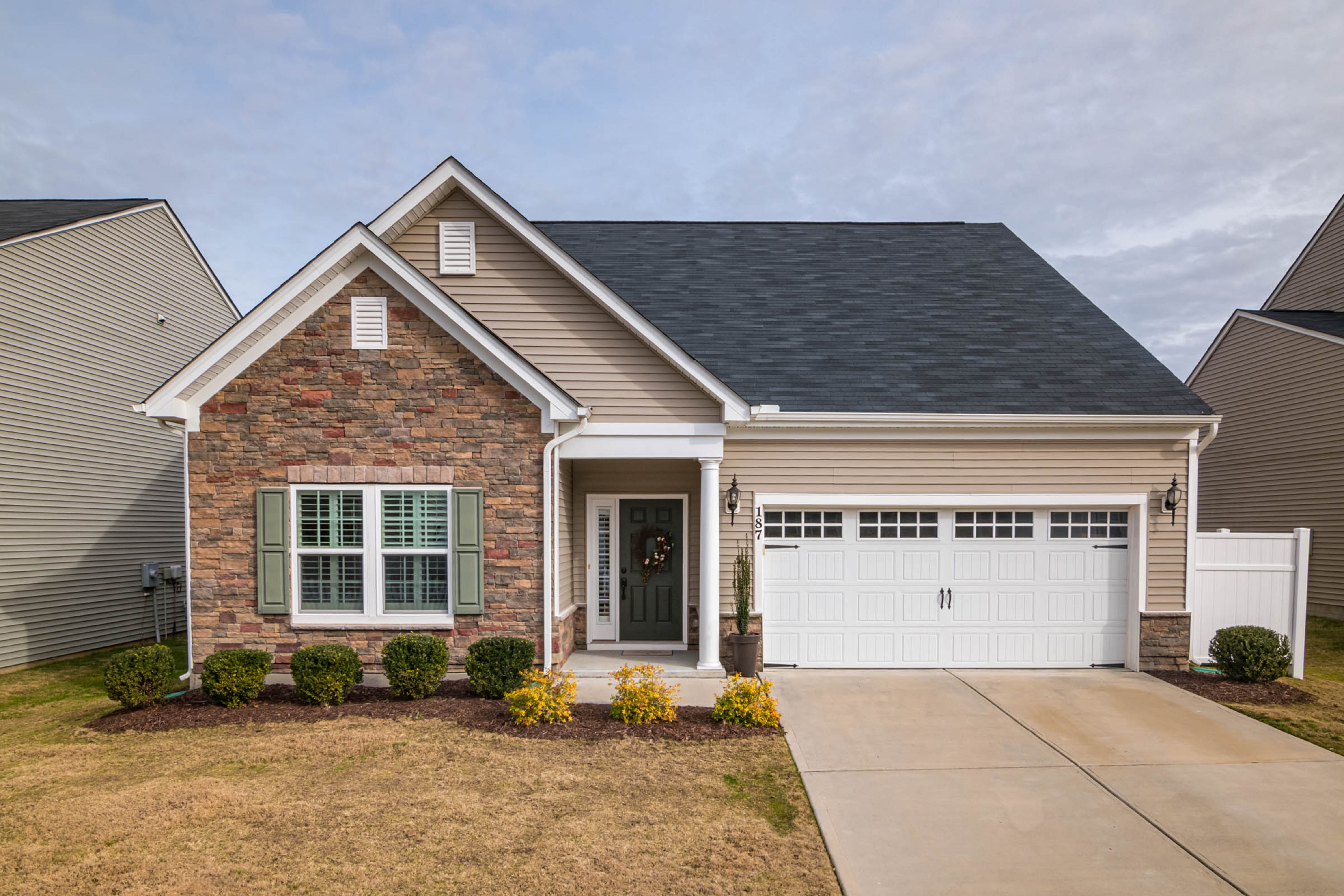
500+ Credit Mortgages
For those with credit scores starting at 500, homeownership remains within reach. These mortgage options open doors, offering a fresh start for individuals rebuilding their credit. It's an opportunity to step onto the property ladder, turning dreams of owning a home into reality, even amidst credit rebuilding.
